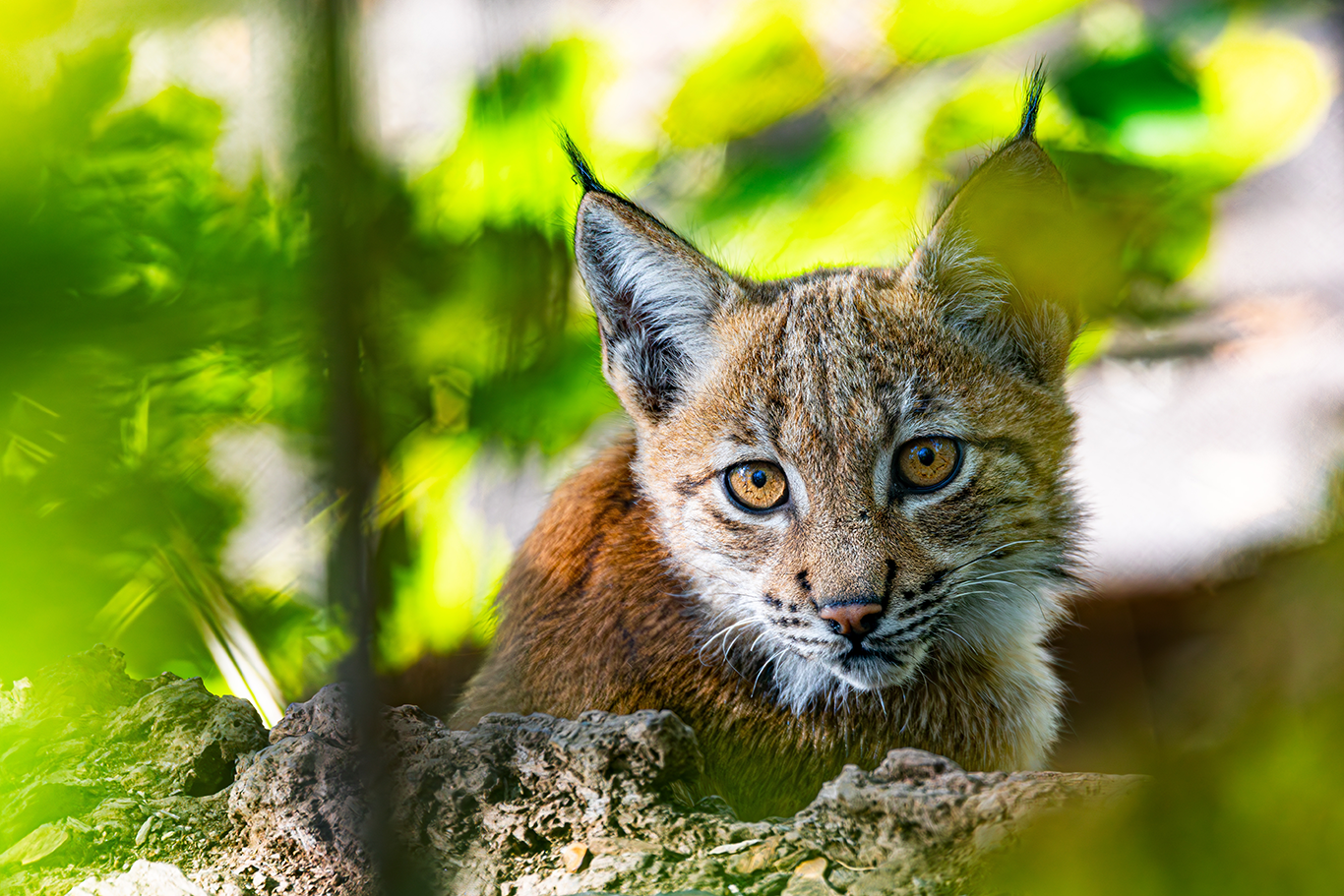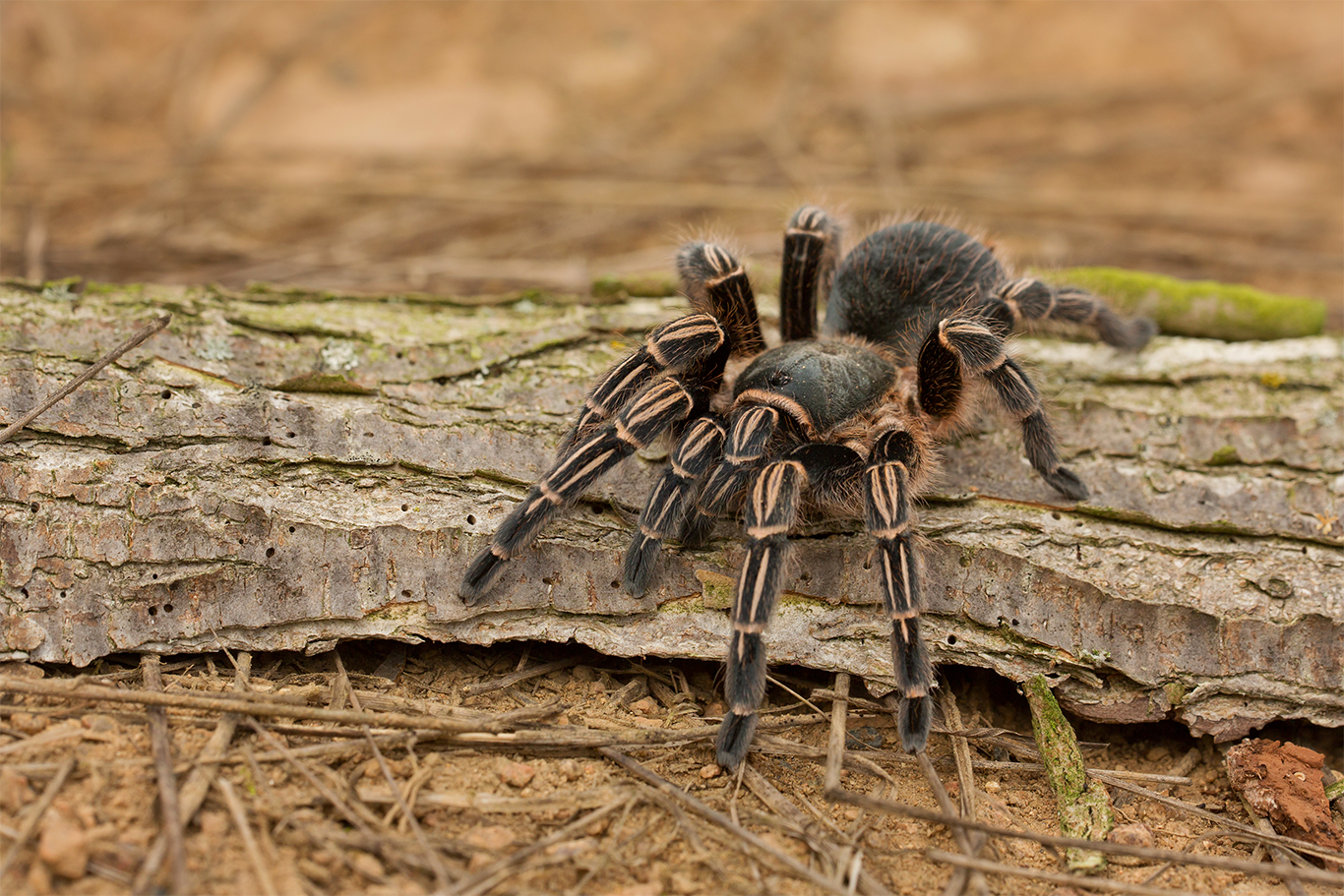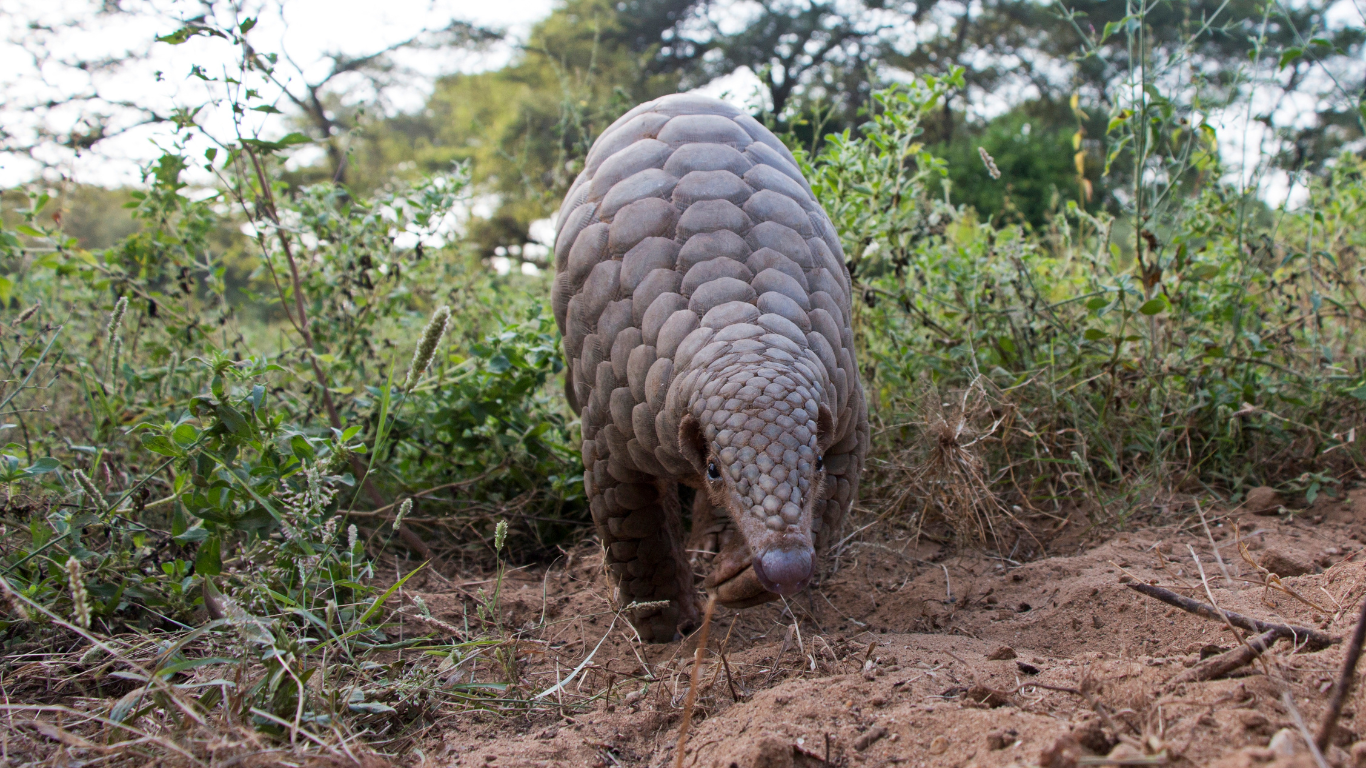By Louzel Lombard Steyn
Human infringement on wild spaces and the destruction of Earth's biodiversity is setting the stage for an era of deadly pandemics, according to a recently published United Nations report.
The report says that up to half of the existing 1.7 million viruses found in mammals and birds are deadly to humans.
On average, five new diseases are transferred from animals to humans every year – all with pandemic potential. Some of these include the deadly Ebola virus (contracted from fruit bats), HIV (most likely from chimpanzees) and Lyme disease (from ticks) which alone affects 300,000 people every year in the United States and 65,000 in Europe. Since the Great Influenza Pandemic of 1918, which affected 500 million people and killed 50 million, COVID-19 is at least the sixth global health pandemic.
Animals carry microbes that can be transferred to people in close proximity. With environmental destruction, including deforestation, intensive agricultural expansion, climate change and increased trade in wildlife, boundaries between humans and wildlife are jeopardized.
According to the report, the cause of COVID-19, or any other modern pandemic, is “no great mystery”, and the same human activities that drive climate change and biodiversity loss also increase the risk of pandemics through their impacts on the environment.
“Biodiversity loss has directly corresponded with an increase in new zoonotic diseases (diseases capable of being transferred from animals to humans) over the past 100 years. This means that the more we destroy the natural world, the greater the number of pandemics will be in the future," says Adrienne West of the Animal Survival International.
"Pandemics will spread more rapidly, have a higher mortality rate and do more damage to the world economy than COVID-19, unless there is a determined change to the global approach in preventing such diseases. For humanity’s own sake, it is essential that we prioritize nature and leave enough space for wildlife.”
Compiled by 22 leading experts from around the world, the report calls for a change to the current approach to outbreaks. This means prioritizing and investing in biodiversity protection, instead of countries scrambling to contain diseases once they’ve already emerged.
It’s also pointed out that preventing future pandemics would be more than 100 times cheaper than fighting the deadly outbreaks after they appear.





